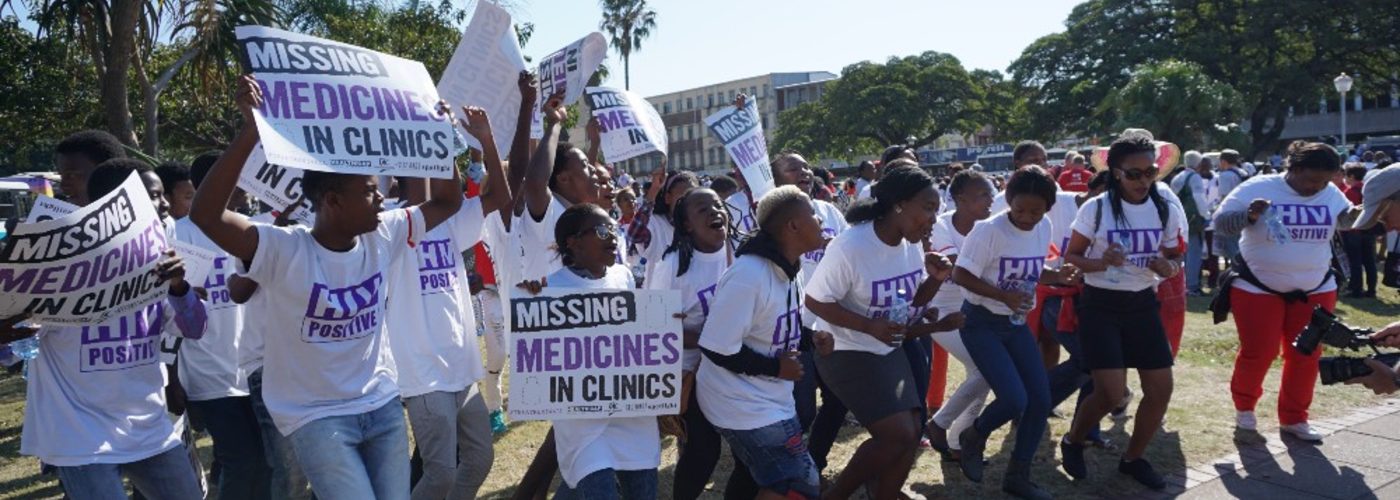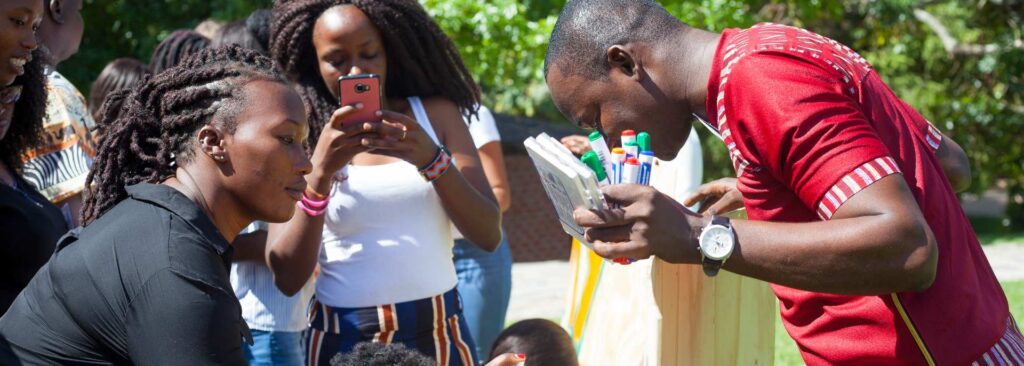2021 marks 40 years since the first case of AIDS was reported in the world, signalling the rise of an epidemic that is not a respecter of geographic location, gender, race, ethnicity or age. In fact, low income countries have been worst hit with extreme impact on vulnerable populations such as women and the youth.
High level meeting on HIV/AIDS: 8-10 June 2021
We applaud the UN General Assembly’s commitment in reviewing the progress of the Political Declaration in 2016 through a High Level Meeting (HLM) on HIV/AIDS taking place from 8-10 June 2021.
This strongly signals its dedication as an institution to ensure that all social, economic and political dimensions are taken seriously in the agenda of the SDGs with concrete actions to end the epidemic by 2030.
But even as these conversations continue this week, countries must acknowledge that sexual and reproductive health is a fundamental human right as well as a human development issue that should be included in any HIV/AIDs intervention. No HIV/AIDS response should occur without a human rights lens and approach especially with the awareness that issues around sexuality are ostracised in many contexts locally and internationally.
Existing stigma and discrimination weakening HIV/AIDS fight
In countries such as Uganda, we recognise the fact that this right is supported by various international and regional human rights instruments ratified and adopted nationally as laws, policies and institutions mandated to promote and protect the sexual and reproductive health and rights of all Ugandans.
While these elaborate measures are a good move, violations impeding the right to sexual and reproductive health continue to be meted out on minorities, marginalised and vulnerable groups such as people living with HIV and AIDS. Unavailability of essential sexual and reproductive health services and information; difficulties in accessing these services owing to distance or cost; and the lack of sensitivity to the cultural norms and beliefs in service delivery are amongst a few examples of inequalities hampering an integrated response to the epidemic in low income countries.
Marginalised groups such as young women are amongst populations with the highest HIV infection rates in Uganda. This high prevalence has been driven by cultural norms and values that deprive women of decision-making power, access to education, health and social protection. HIV criminalisation has also has greatly increased transmission by fuelling sexual violence.
The We Lead promise to young women
At the sidelines of the HLM, Hivos and partners are executing a new innovative program: We Lead to strengthen the position of young women rights holders (including those living with HIV/AIDS) by amplifying their voices in sexual and reproductive health and rights. These women have been most affected by stigma, discrimination and marginalisation in the HIV/AIDS epidemic. And that is why We Lead is built on the premise of the right of every individual to decide on their sexual reproductive health and rights, critical for a person’s wellbeing and ability to thrive and find fulfilment in all areas of life.
Through the We Lead Program, we add a voice to the current HLM by committing to the following promise:
The voices of rights holders are central in We Lead’s approach which challenges the structural inequalities that continue to deliberately leave out young people from the HIV/AIDS debate.
We equally call on all actors, world leaders to ensure that the political declaration at the HLM is inclusive of the rights of young people, respects their voices and moves from paper to action.
About We Lead
We Lead is a consortium-led program that aims to strengthen the influence and position of young women whose sexual and reproductive health and rights (SRH-R) are neglected the most. It targets young women and adolescent girls who: live with HIV; identify as lesbian, bisexual, trans, or intersex (LBTI); live with a disability; and/or are affected by displacement.


